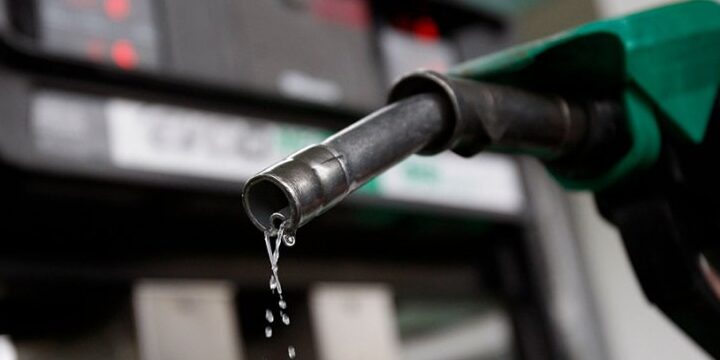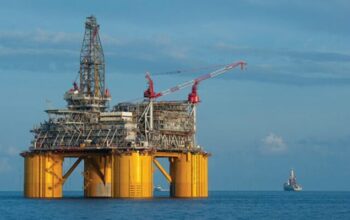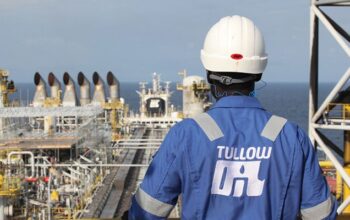According to The East African news publication, starting Friday, a liter of super petrol will cost Ksh212.36 ($1.39) in Nairobi, up from Ksh217 ($1.42), while diesel will cost Ksh201.47 ($1.31), down from Ksh203.47 ($1.33) in the new monthly cycle, which ends on January 14, next year.
This is contrary to an earlier report done on the 22nd of November, which showed that Kenyans were set to face a new wave of energy inflation with an impending surge in the cost of fuel and electricity via a law to double the levy charged on both products.
“The idea results from the country’s plan to revise its Energy Act of 2019 per the increase of the Energy and Petroleum Regulatory Authority’s (Epra) levy to a maximum of 1 percent from its current 0.5 percent, as proposed by Kenya’s Statute Law (Miscellaneous Amendments) Bill, 2023,” the report reads in part.
Fuel costs in Kenya over the past
Back in 2021, Kenyans also had a similar situation with super petrol prices going from Ksh134.72 ($0.88) to Ksh129.72 ($0.85) for a liter, while diesel went down to Ksh110.6 ($0.72) from Ksh115.6 ($0.75).
The East African publication in a separate report also noted that within the last year, the cost of petrol rose by “Ksh40.06 ($0.26) per liter to retail at a historic Ksh217.36 ($1.43) up from Ksh177.3 ($1.16) last year, while diesel has gone up by Ksh41.47 ($0.27) per liter to retail at Ksh203.47 ($1.33) up from Ksh162 ($1.06).”
The news of the fuel price drop was followed by the president’s declaration of debt relief a few days back, during the country’s 60th independence anniversary.
Kenya, according to President William Ruto, is coming “out of debt distress.” Although his reforms prompted opposition, the president noted that they have begun to pay off.
He pointed out that debt relief was one way that the tax increases and elimination of subsidies were starting to pay dividends.
![]()




